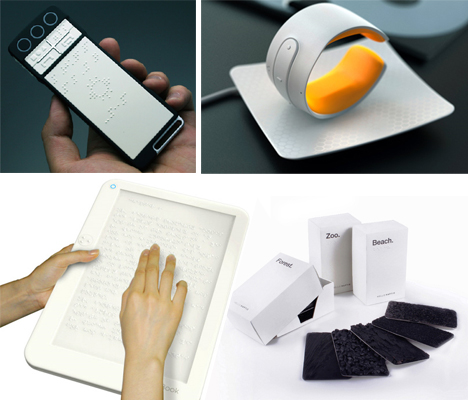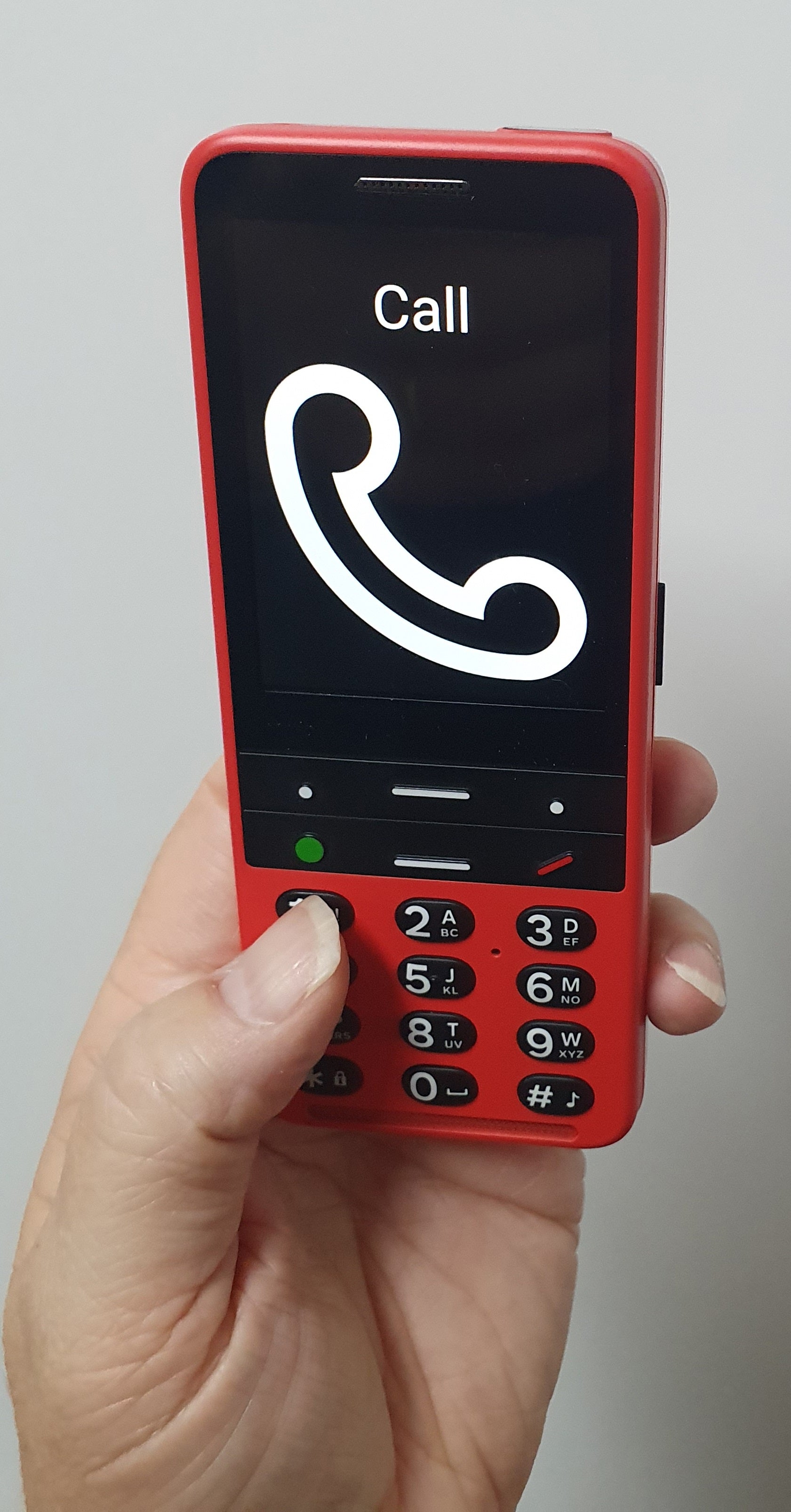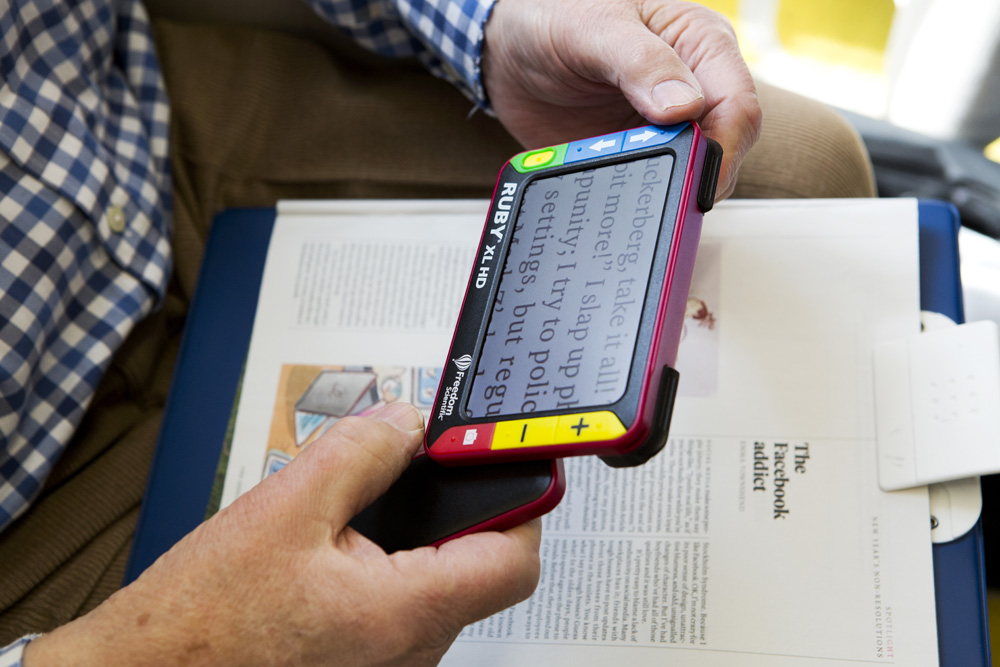Assistive Technology for the Blind: Tools to Transform Lives
Assistive Technology for the Blind: Tools to Transform Lives
Blog Article
Empowering Freedom With Assistive Innovation for the Blind
The integration of assistive technology right into the lives of people with aesthetic problems stands for a considerable development in advertising freedom and self-sufficiency. From innovative screen visitors to innovative clever walking canes, these devices not just boost day-to-day navigating and communication but likewise encourage individuals to engage meaningfully in numerous aspects of life. As we discover the myriad advantages and real-world applications of these technologies, it becomes essential to analyze the hidden aspects that add to their efficiency and the potential for future developments in this essential field.
Summary of Assistive Technology

The growth of assistive modern technology is grounded in principles of inclusivity and empowerment. Technologies in software program, hardware, and sensory enhancements give individuals with alternatives customized to their particular needs. From screen visitors that transform text to speech, to tactile gadgets that communicate details through touch, these devices change the means individuals engage with their environments.
Along with functional applications, assistive technology cultivates better social incorporation and involvement in various fields, consisting of education and learning and work (Voice-activated assistive devices). As research and development continue to advance, the possibility for assistive modern technology to additionally boost the lives of visually impaired people stays appealing, paving the way for an extra equitable society where everyone can grow
Sorts Of Assistive Tools
A variety of assistive tools have actually emerged to sustain individuals with aesthetic disabilities, each designed to satisfy particular demands and enhance daily functioning. These gadgets vary from low-tech options to high-tech advancements, giving varied choices for users.
Low-tech tools include magnifiers and large-print products that help in analysis and writing. Braille tools, such as Braille slates and styluses, make it possible for tactile reading and communication. Orientation and wheelchair aids, like white walking canes, assist individuals navigate their atmosphere securely.
On the higher end of the range, electronic magnifying systems and display visitors offer substantial assistance. Electronic magnifiers allow customers to expand text and images on displays, while screen readers transform electronic material into synthesized speech, helping with accessibility to details on smart devices and computers.
Smartphone applications also play an important duty, giving attributes like message recognition and navigating assistance. Wearable modern technology, such as wise glasses furnished with augmented fact, is becoming a promising device to improve situational awareness.
Benefits of Assistive Innovation
The integration of assistive technology significantly enhances the lifestyle for individuals with visual disabilities. These innovations equip users by promoting independence, enabling them to browse their settings better and perform day-to-day tasks with higher simplicity. Display visitors and magnifying software program enable people to gain access to digital information, cultivating specialist and academic possibilities that might have formerly been out of reach.
Moreover, assistive devices such as view website smart walking canes and GPS applications image source supply real-time navigation support, enhancing mobility and safety and security. This increased freedom not just boosts self-confidence but likewise encourages social interaction, enabling customers to get involved even more fully in their communities.
Assistive modern technology also helps with communication, aiding customers link with others via voice recognition and text-to-speech applications. This ability is essential for preserving partnerships and accessing crucial info.
Additionally, the customization choices readily available with many assistive technologies ensure that customers can customize gadgets to their certain demands, even more enhancing functionality and effectiveness. On the whole, the benefits of assistive innovation for individuals with visual disabilities are extensive, promoting a more inclusive society where everybody can seek their objectives and ambitions.
Instance Studies and Success Stories
Highlighting the transformative effect of assistive technology, various study illustrate how people with aesthetic impairments have successfully integrated these tools into their every day lives. One engaging instance entails a college trainee that made use of display analysis software to navigate on-line resources and scholastic materials efficiently. This modern technology not just promoted her education but additionally improved her confidence in joining conversations and group tasks.
Another study features a professional that utilizes a smartphone application created for navigating and item acknowledgment. By using this application, he has actually regained freedom in both his personal and workplace, enabling him to commute separately and engage with associates better.
Additionally, a retiree shared her experience with braille e-readers, which allowed her to access a vast variety of literature and stay connected with her community with publication clubs.
These success stories emphasize the critical function of assistive innovation in fostering self-reliance, enhancing quality of life, and promoting social assimilation for people with visual problems (Assistive technology for the blind). By embracing these cutting-edge tools, users can conquer difficulties and confiscate opportunities that add to their specialist and individual fulfillment

Future Patterns in Assistive Technology
Advancement in assistive innovation is poised to redefine the landscape of assistance for people with aesthetic impairments. Emerging trends emphasize the combination of expert system (AI) and artificial intelligence, which enhance the capability of gadgets that help with navigation and details access. For circumstances, AI-driven applications are currently with the ability of analyzing visual data in real-time, allowing individuals to engage with their setting much read the full info here more independently.
Moreover, the advancement of wearable technology is advancing swiftly. Smart glasses equipped with increased truth (AR) can give audio summaries of environments, changing how customers communicate with public rooms. These gadgets not just advertise autonomy however also foster social addition.
Furthermore, the Web of Things (IoT) is making homes smarter, enabling seamless connection in between daily devices and assistive tools. This connection empowers customers by allowing voice-activated controls and automated feedbacks customized to specific demands.
Verdict
Finally, assistive modern technology plays an essential role in encouraging individuals with visual problems by improving their self-reliance and involvement with their environments. The varied series of gadgets and applications readily available not just assists in navigation and interaction yet additionally advertises social combination and opportunities for individual and professional growth. As improvements proceed in this field, the capacity for enhancing the high quality of life for those with visual problems will certainly expand, promoting greater freedom and empowerment.

Report this page